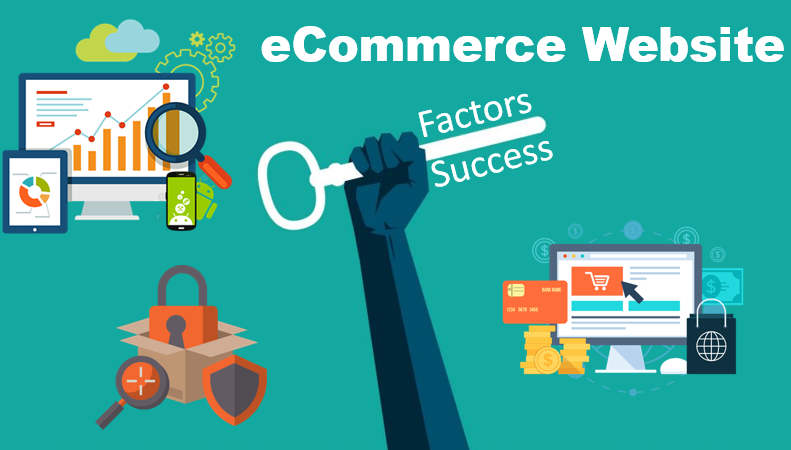As e-commerce continues to grow exponentially, online presence ever one crucial but often overlooked aspect of building an e-commerce website is going through a website verification process. Getting your site verified by a third party assures customers that you are a legitimate business.
- Build trust and credibility
The first and most obvious benefit of getting your site verified is establishing trust and credibility. When customers see the trust logos and badges from major verification services like Norton, Truste, and BBBOnline on your site, it gives them the confidence to move forward with purchases. Especially for unknown brands, having the reassurance of verification can encourage sales. It shows customers you have nothing to hide and are committed to best business practices. Verification also demonstrates you care about security and protecting customer data.
- Search engine ranking boost
Another key reason to get verified is boost can give your search engine rankings. Google and other search engines want to provide users with secure 먹튀사이트 that follow quality guidelines. So trust badges and completing verification can improve your standing in results pages. Even a slight rankings boost from verification can pay dividends in terms of increased organic traffic to your online store.
- Reduce shopping cart abandonment
The biggest challenge for e-commerce businesses is overcoming shopping cart abandonment Customers start the checkout process but the purchase this happens, but a lack of trust is a major factor. Shoppers may feel uncertain about providing their credit card and personal details to a site feel are legitimate. Getting verified customer confidence during checkout and reducing abandonment rates. Even marginal improvements in conversion numbers from credibility can significantly impact online sales.
- Compliance with industry standards
Depending on your products, target customers, and business model, different verification services for compliance in your industry. For example, health and finance companies meet strict industry rules and standards to operate online. Completing the necessary verification processes demonstrates to both regulators and customers that you meet expected guidelines and best practices. While optional for some e-commerce businesses, verification is mandatory in many sectors be detrimental.
- Prevent phishing and scams
As a verified and validated business, it separates you from shady competitors and prevents association schemes or scams. Verification makes it easy for customers to confirm they are on your real website and avoid being tricked. It prevents reputation damage and lost business targets brands with strong consumer recognition.
- Website optimization
The verification process requires a deep look at your website to identify any issues upfront. Most verification services will audit and evaluate site security, customer data protection, privacy policies, and broken links, malware, and site errors. It technical audit website quality and functionality. It also meets the technical requirements for verification approval. The site optimization results in an online customer experience.
While optional for some, website verification is highly advisable for any serious e-commerce merchant. The trust, credibility, and legitimacy third-party verification provides are in the crowded online marketplace. The small investment in verification pays for increased sales, conversions, customer loyalty, and search visibility. For new companies especially, it is the most cost-effective your brand and spurs growth. Make sure verification is part of your strategy for e-commerce success in today’s security-conscious digital landscape.

